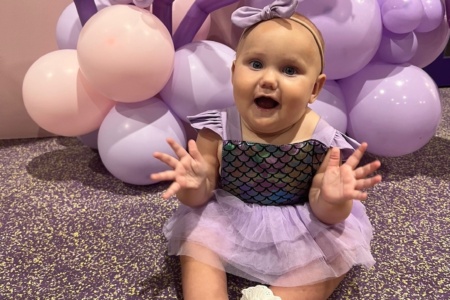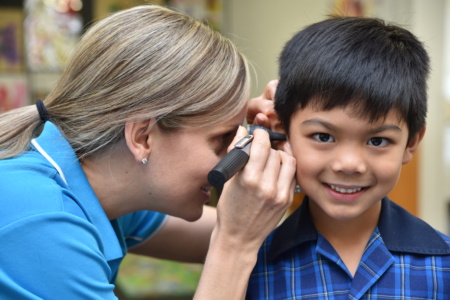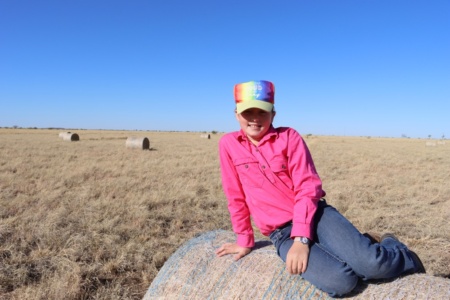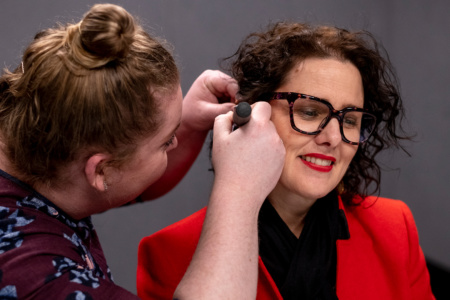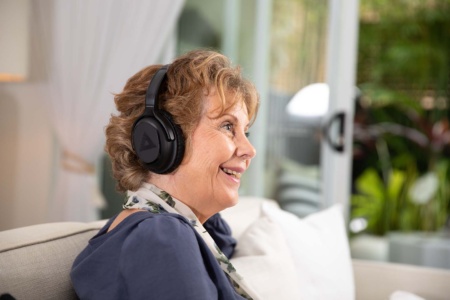If you suspect your child has a speech, language, or communication delay, a qualified speech pathologist can help. The first step is to undertake a comprehensive speech and language assessment.
Have you had a hearing test?
If you have concerns regarding your child’s hearing or listening or your child has a history of ear infections, it may be helpful to book a hearing test with an audiologist prior to your speech pathology appointment to ensure that your child has good access to sound when learning to listen and speak.
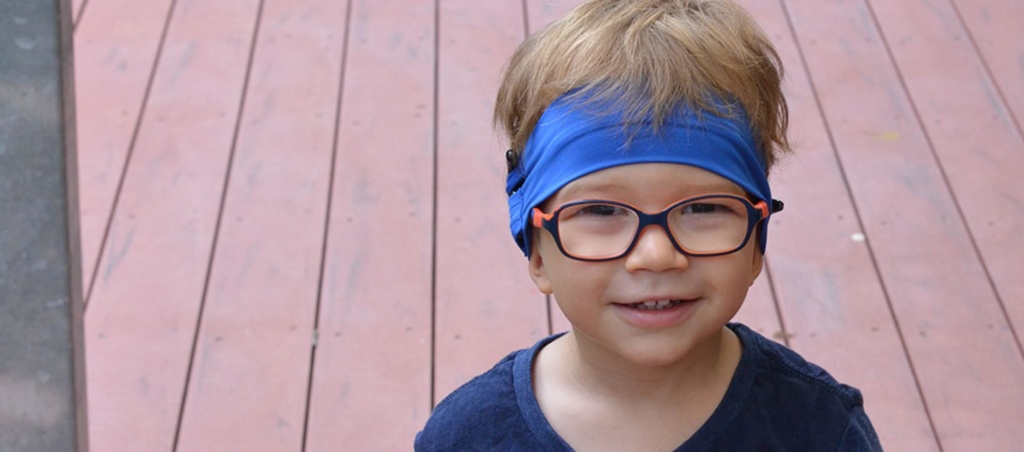
What is a speech and language assessment?
A speech and language assessment will establish your child’s developmental level and outline how they communicate and interact with others.
Information is collated using a variety of assessment tools and techniques depending on your areas of concern and your child’s age and abilities. These include:
- An interview with your family regarding your concerns and your child’s medical history and developmental progress
- Observations of your child’s communication and interaction skills with both familiar (e.g., you and your family) and unfamiliar (e.g., the therapist) people during play, conversation, and other tasks
- Analysis of your child’s performance of standardised assessments of communication and social skills
- Consideration of your child’s other developmental areas including hearing, vision, cognition, and motor skills
The data is collected on a range of communication areas and skills depending on your areas of concern and your child’s age and abilities including:
- Articulation and speech clarity
- Language comprehension and expression
- Reading, spelling, and literacy
- Social and interaction skills
- Stuttering and fluency
- Voice and vocal quality
The assessment will detail your child’s strengths and challenges. If your child shows a communication delay or disorder, access to speech therapy services will be offered. These speech therapy services will include a support plan of activities and strategies designed to facilitate your child’s development and address areas of concern. If your child displays difficulties in areas beyond communication, referral to another medical or health professional may be recommended.
How is a child’s speech assessed?
Speech sounds are acquired in the first eight years of life. During this timeframe, speech errors are common but are expected to resolve within a particular age range for each sound. A speech assessment evaluates the errors your child makes in their speech and determines if these are appropriate for their age.
Children under three years: The speech pathologist will engage your child in a variety of play and conversation activities. Through these, their speech sounds will be observed and analysed during conversation and play.
Children three years and over: The speech pathologist will undertake a series of standardised speech tests with your child. For example, they will be required look at and label a series of pictures and their speech sounds will be recorded and analysed during this assessment and in conservation. Sometimes your child may also be asked to copy different face and mouth movements to evaluate the structure and function of their facial and mouth muscles.
How is a child’s language assessed?
Language skills are acquired throughout childhood, with the first five years being critical for developing functional communication. Across this timeframe, the understanding and use of words emerge and are progressively combined in sentences, stories, and conversations of increasing length and complexity. A language assessment evaluates your child’s comprehension and expression of vocabulary, grammar, sentences, and stories and determines if they have sufficient complexity and flexibility to participate in conversations, socials, education, and employment at the level expected for their age.
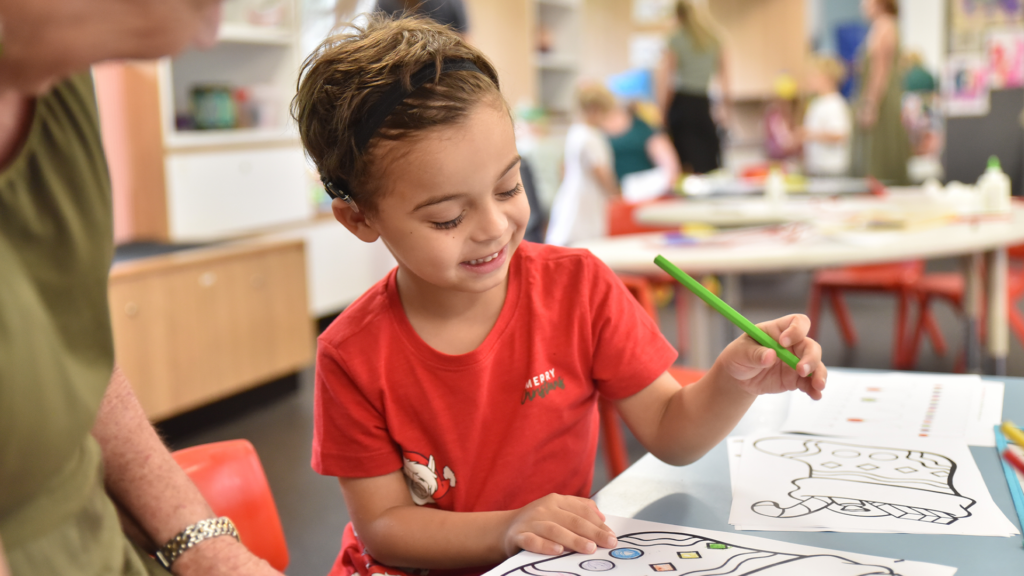
Children under three years: Your child will be engaged in a variety of play and conversation activities with a speech pathologist. The size of their vocabulary and use of word combinations and sentences will be observed and analysed during conversation and play. It is common for children of this age not to speak in front of unfamiliar people, so your information on the language they produce at home will be important in determining their levels of development. Standardised language tests or checklists can also be implemented and often include reports from parents.
Children three years and over: A speech pathologist will undertake some standardised language tests with your child. They will be required look at pictures, answer questions, create sentences, and label items. Their comprehension, vocabulary, sentences, and stories will be recorded and analysed during this assessment and in conservation.
Extra assessments for children with hearing loss
In additional to the speech and language assessments above, children with hearing loss also require functional listening tests to check their hearing aids and/or cochlear implants are working properly, and to evaluate their listening abilities in everyday environments. This includes how a child’s access to sound and speech is impacted by external factors such as background noise, distance, and visual cues. These assessments are completed by speech pathologists and taught to you and your family to be carried out at home to ensure your child is hearing optimally across all settings and circumstances.
If there are changes to your child’s listening and/or concerns regarding their hearing, your audiologist will be informed so a suitable action plan can be implemented to investigate and remediate any difficulties. This may include additional hearing tests, earlier programming (or MAPping) sessions, or changes to their hearing device settings. Children who wear hearing aids but do not display adequate access to sound and speech may be considered for cochlear implants. The process of establishing candidacy for cochlear implants will be discussed in detail with you if this is relevant for your child.
The Seven Sounds Test
The Seven Sound Test, or the “Ling Sounds”, includes seven sounds which represent the spectrum of different pitches we need to hear to understand speech: ‘ah’, ‘ee’, ‘oo’, ‘or’, ‘m’, ‘sh’ and ‘s’.
The sounds are produced by a speech pathologist or parent at up to five metres away. In order to ensure that these sounds can be heard, children are asked to imitate them, while infants are observed for behavioural reactions.
Get in touch to find out more about how we can support your child’s speech and language development.
Contact us

